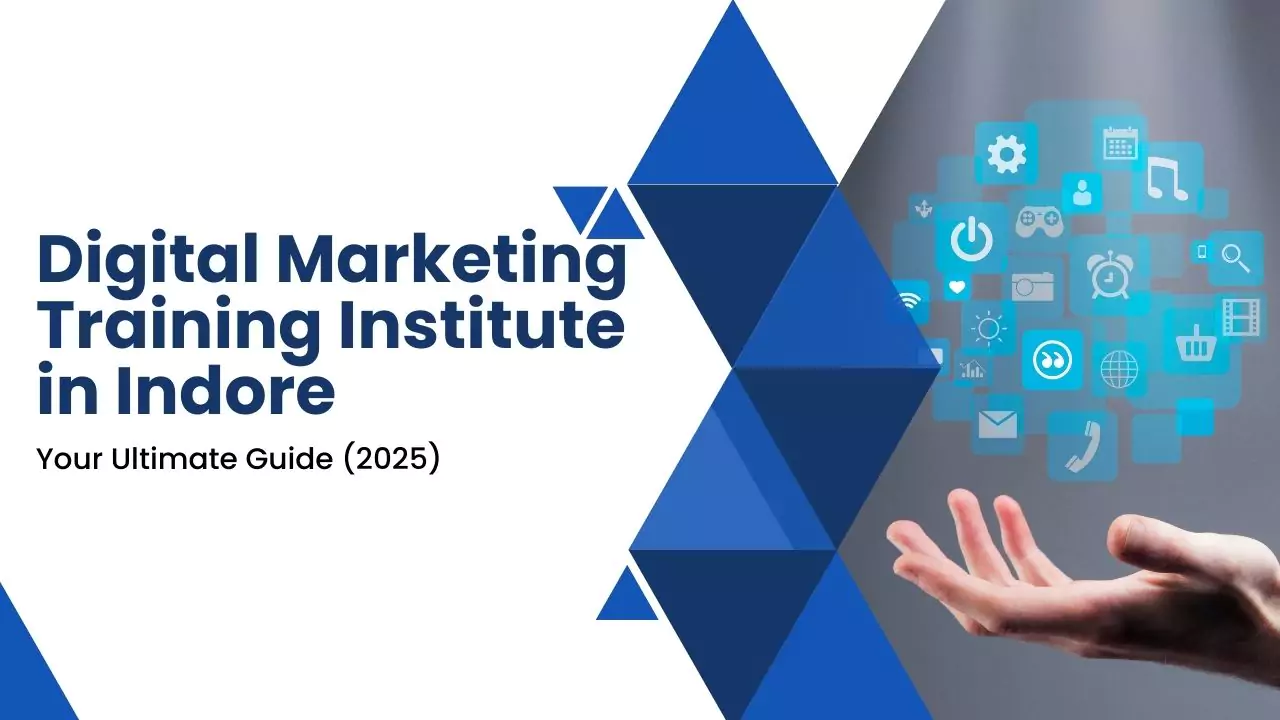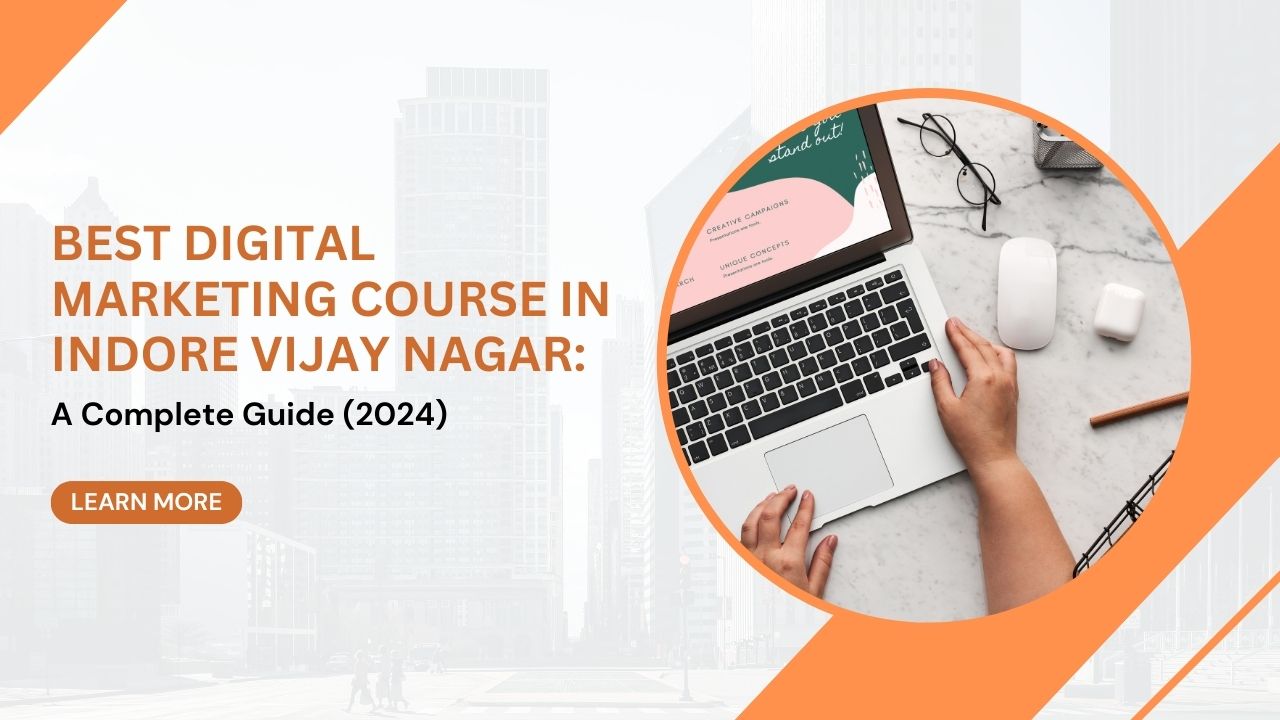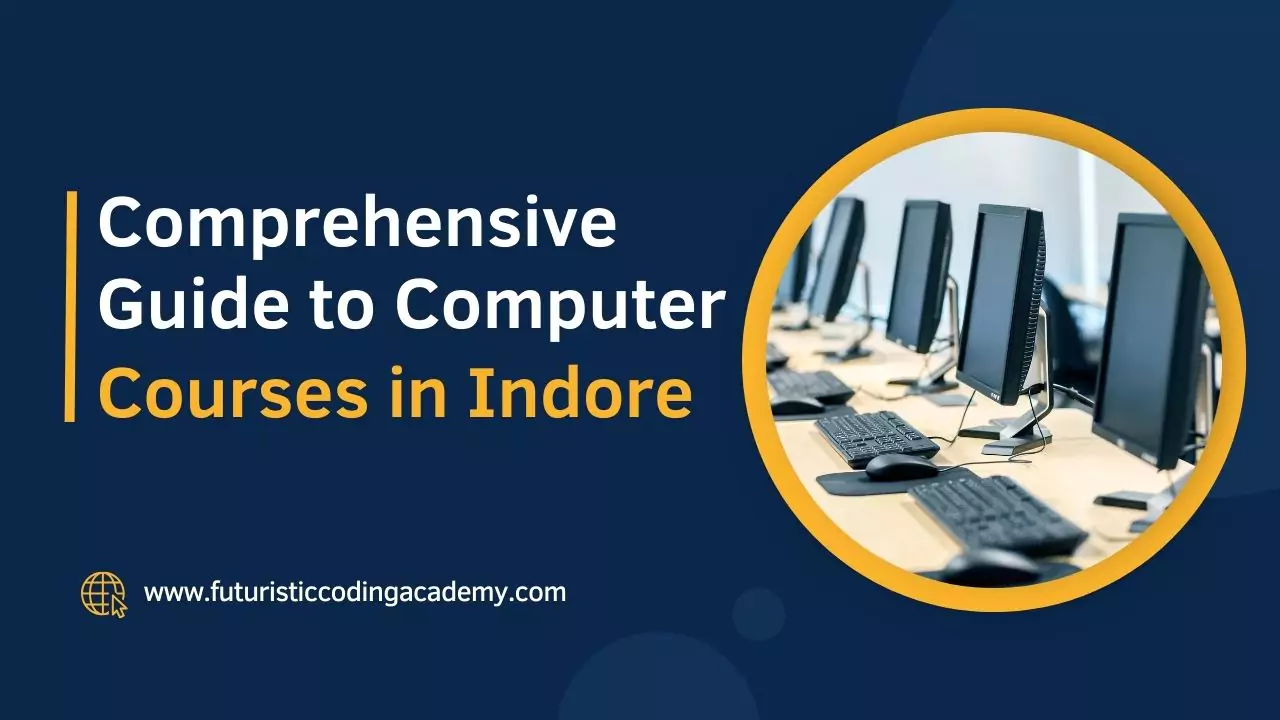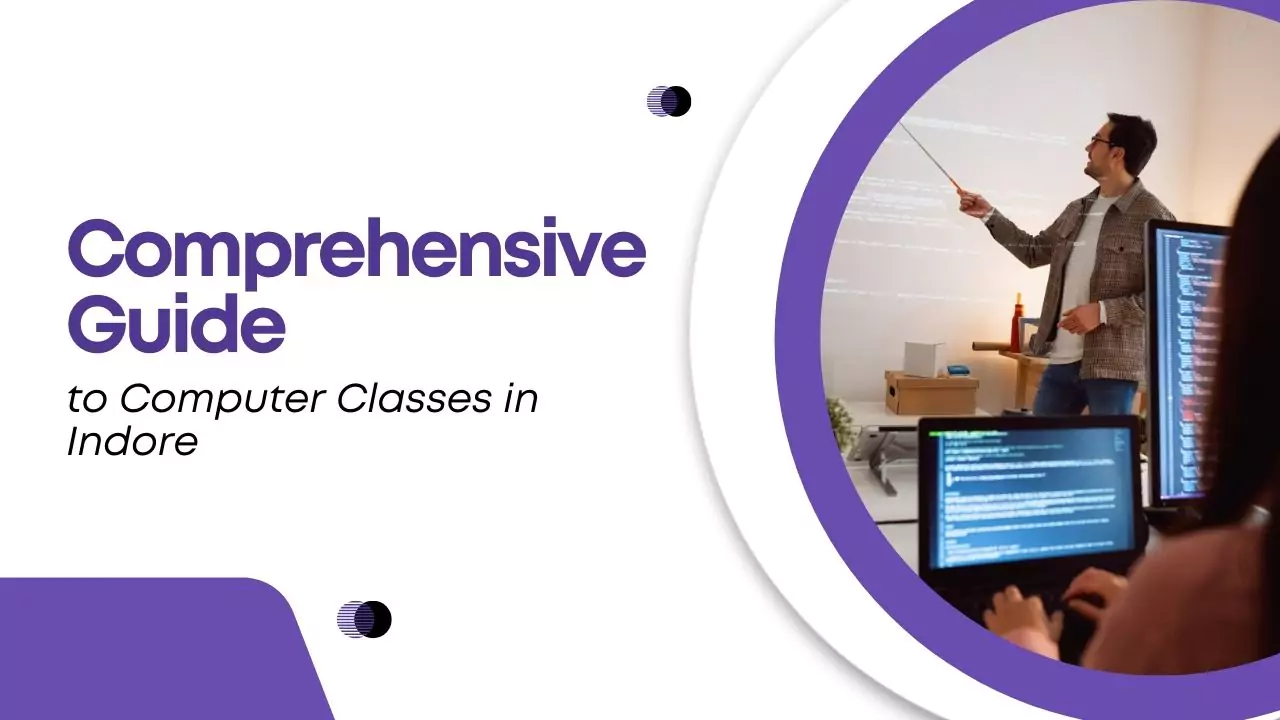Are you looking to become a full stack developer and wondering where to start? This guide provides a detailed syllabus covering every essential skill and tool required to become a successful full stack developer in 2024. Whether you’re just starting or looking to upgrade your current skill set, this syllabus will guide you through front-end, back-end, databases, and full stack integration.
Why Learn Full Stack Development?
Full stack developers are in high demand due to their versatile skills in both front-end and back-end development. They are the bridge between user-facing features and back-end data processing, making them crucial for any tech-driven company. Learning full stack development can open doors to lucrative job opportunities, and with salaries often ranging high in the software industry, it’s an investment worth making.

Front-End Development
HTML & CSS: The journey to full stack mastery starts with the basics. HTML and CSS are the building blocks for any web page. You will learn to structure content using HTML and style it with CSS. You will also delve into responsive design to ensure your websites look great on all devices.
JavaScript: JavaScript is the core programming language for front-end development. This module will cover essential JavaScript concepts like variables, data types, functions, loops, and ES6 features. You’ll explore asynchronous JavaScript, promises, and how to manipulate the DOM for dynamic web pages.
ReactJS/Angular: Dive into popular front-end frameworks. You will choose between ReactJS and Angular to learn component-based architecture, state management, and routing. Understand how React Hooks or Angular templates can revolutionize UI development. Explore Redux for state management, enhancing your applications with real-time data updates.
Back-End Development
Node.js & Express: On the back end, you’ll learn to use Node.js, a powerful JavaScript runtime, to set up servers and develop RESTful APIs. Express.js, a popular Node.js framework, will help you handle routing, middleware, and API endpoints. By the end of this module, you’ll be able to create robust back-end systems that integrate seamlessly with front-end components.
Java for Full Stack Development: For those focusing on Java-based full stack development, this module covers core Java concepts, JDBC for database connectivity, Servlet, JSP, and Spring Framework for building scalable web applications.
Python for Full Stack Development: For a Python-centric approach, learn frameworks like Flask and Django. Build REST APIs, integrate with databases, and use Python’s extensive libraries to create dynamic and data-driven applications.

Database Management
SQL & NoSQL: In this module, you’ll learn the differences between SQL (MySQL) and NoSQL (MongoDB) databases. Learn how to perform CRUD operations, design database schemas, and model relationships between data entities. Understanding both SQL and NoSQL will give you flexibility in choosing the right database for different application needs.
Designing Web Databases: Explore relational database concepts, creating and managing databases, setting up users, and optimizing schema design for efficient data management. You will gain hands-on experience with creating tables, defining relationships, and writing complex queries.
Full Stack Integration
MEAN/MERN Stack: Learn how to combine your front-end and back-end knowledge using the MEAN (MongoDB, Express.js, Angular, Node.js) or MERN (MongoDB, Express.js, React, Node.js) stacks. Build RESTful APIs with Express and integrate them with your front-end components to fetch and display data dynamically. Develop complete applications that utilize JavaScript end-to-end, enhancing performance and user experience.
Authentication & Authorization: Implement user authentication using JWT tokens. Learn how to set up secure login systems, protect routes, and manage user sessions to ensure data security in your applications.
Advanced Concepts
Microservices & Docker: Delve into the world of microservices architecture and containerization using Docker. Learn to break down your application into smaller, manageable services, making it easier to scale and maintain.
CI/CD: Explore Continuous Integration and Continuous Deployment practices. Automate software delivery using tools like Jenkins, Docker, and GitHub Actions to ensure rapid and reliable releases.
AWS & Cloud Services: Understand the basics of cloud computing with AWS. Utilize AWS Lambda for serverless computing and API Gateway for managing APIs. Cloud services knowledge will empower you to deploy and scale your applications efficiently.
Additional Topics
Version Control with Git: Gain proficiency in using Git for version control. Learn how to manage your code, collaborate with teams, and maintain a history of your project changes.
Testing: Testing is crucial in full stack development. Learn unit testing with Jest or Mocha for JavaScript, and explore integration testing to ensure all components of your application work seamlessly together.
DevSecOps: A modern full stack developer must understand the DevOps lifecycle. Familiarize yourself with tools like Jira, GitHub, Maven, and ELK stack to streamline development and deployment processes while incorporating security practices.
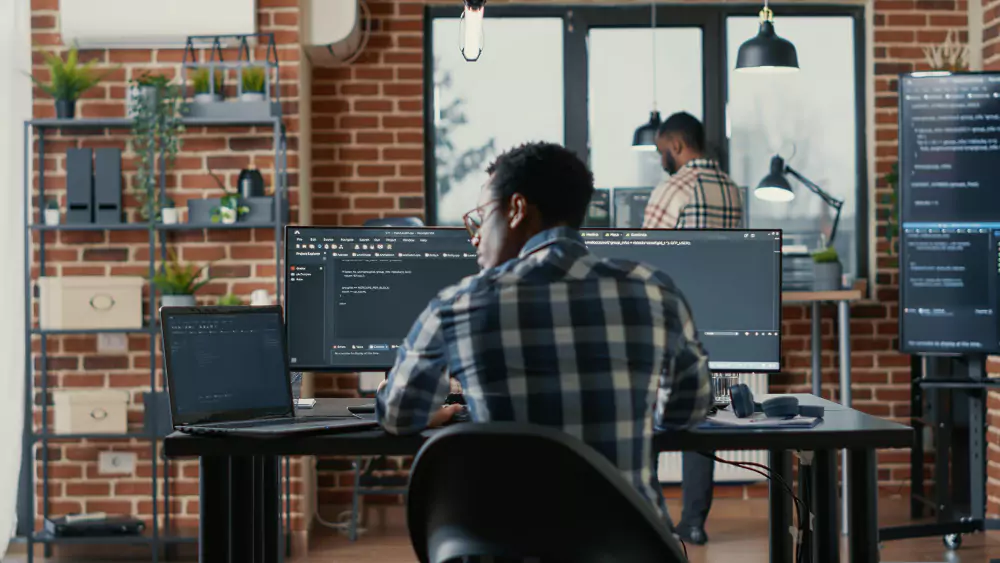
Career Path & Certification
Completing a comprehensive full stack developer course with a well-rounded syllabus like this one can open numerous career paths. From front-end to back-end or even specializing as a full stack developer, the possibilities are vast. A certification can also add significant value to your resume, showcasing your skills to potential employers.
Conclusion
Becoming a full stack developer requires mastering a variety of skills, tools, and frameworks. The syllabus provided here gives a clear roadmap to navigate through front-end, back-end, database management, and full stack integration. At Futuristic Coding Academy, we offer comprehensive courses tailored to equip you with the skills needed to succeed in this dynamic field.
Ready to kickstart your journey as a full stack developer? Enroll now at Futuristic Coding Academy and take the first step towards a rewarding career!
Explore our full stack developer courses at Futuristic Coding Academy and start building your future in tech today!
Conclusion
1. What is included in a full stack developer syllabus?
A full stack developer syllabus typically covers front-end technologies like HTML, CSS, JavaScript, and frameworks such as React or Angular. For back-end development, it includes Node.js, Express, databases (SQL and NoSQL), and server management. Integration and advanced concepts like authentication, DevOps, and cloud computing are also included.
2. Which programming languages are best for full stack development?
The best programming languages for full stack development include JavaScript (Node.js for the back end and React or Angular for the front end), Python (Flask, Django), and Java (Spring Framework). Each language has its benefits, and your choice depends on project requirements and personal preference.
3. How long does it take to complete a full stack developer course?
The duration of a full stack developer course varies based on its depth and structure. On average, it takes 6 months to 1 year to cover a comprehensive syllabus that includes both front-end and back-end development, along with integration techniques.
4. Is learning both front-end and back-end necessary for full stack development?
Yes, learning both front-end (HTML, CSS, JavaScript, frameworks) and back-end (server-side programming, databases, APIs) is essential to become a full stack developer. This knowledge enables you to build complete applications from scratch.
5. What are the benefits of enrolling in a full stack developer course?
Enrolling in a full stack developer course provides structured learning, hands-on projects, version control practice, and certification. It equips you with in-demand skills, making you job-ready for roles in web development and software engineering.


